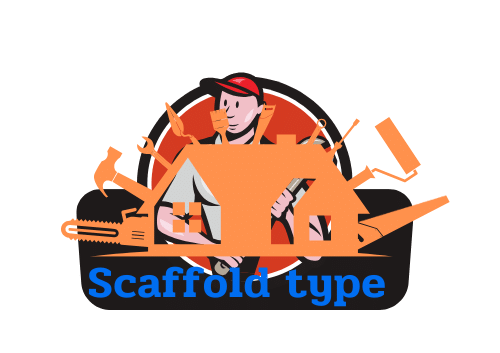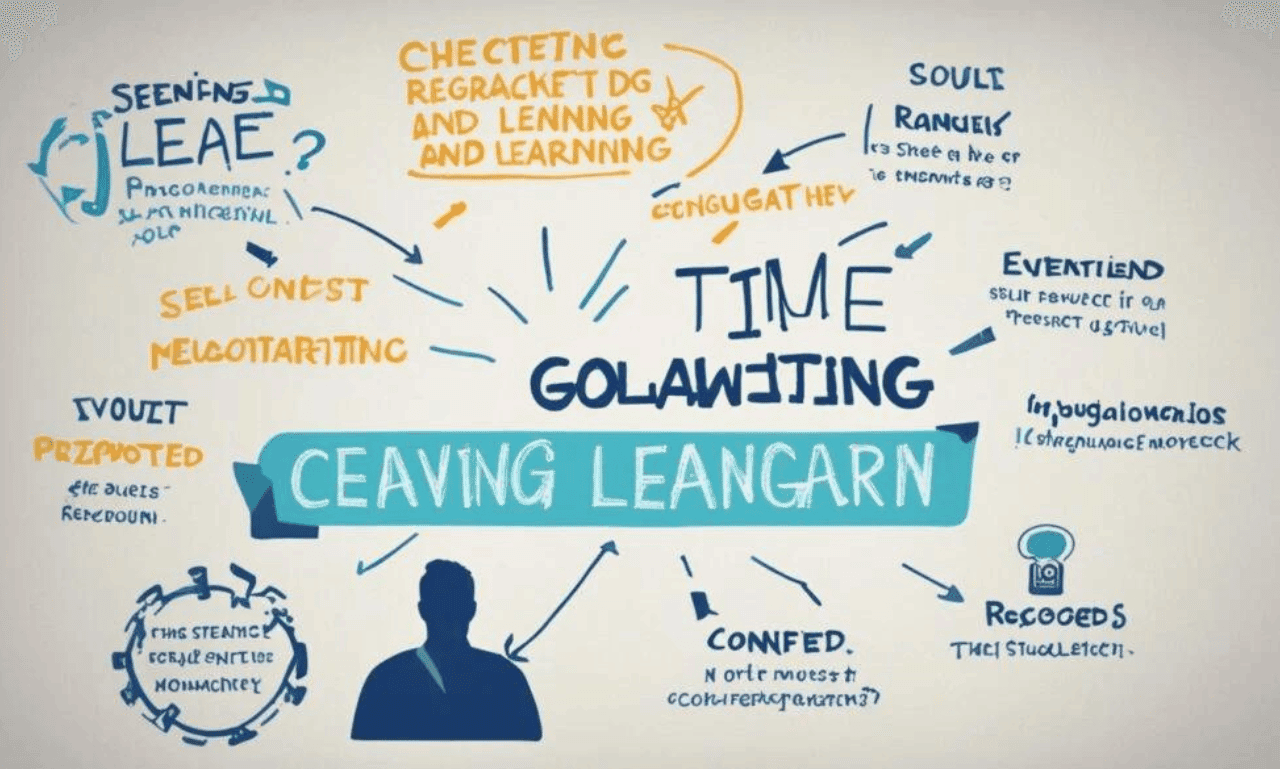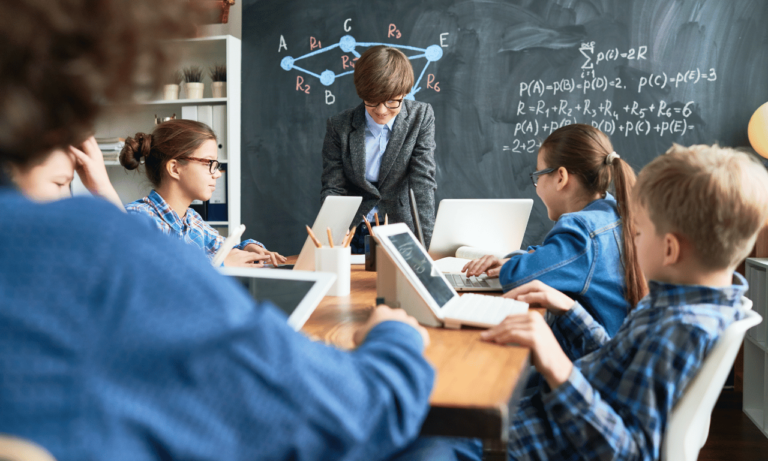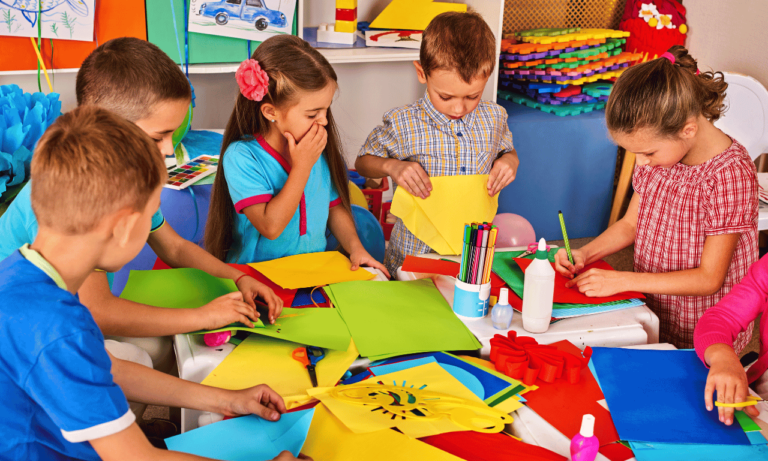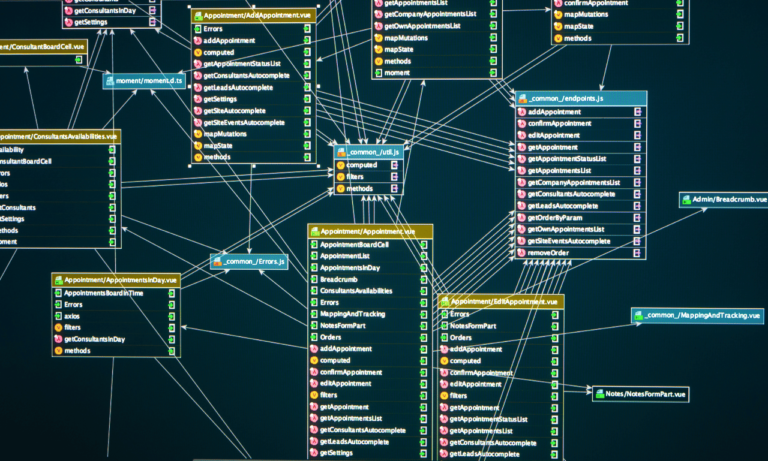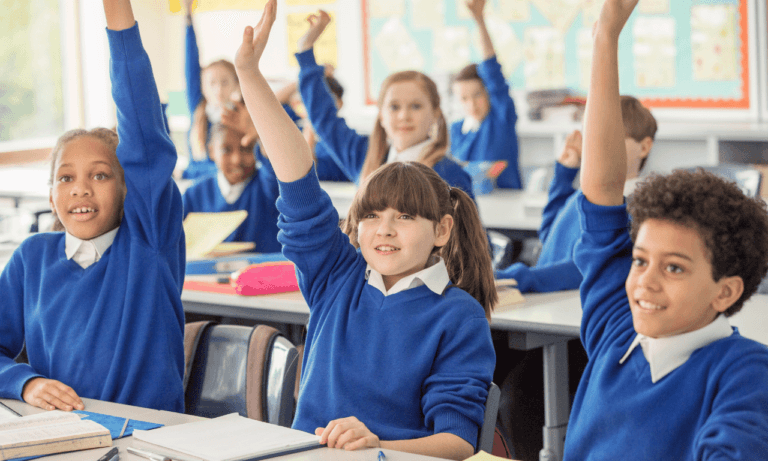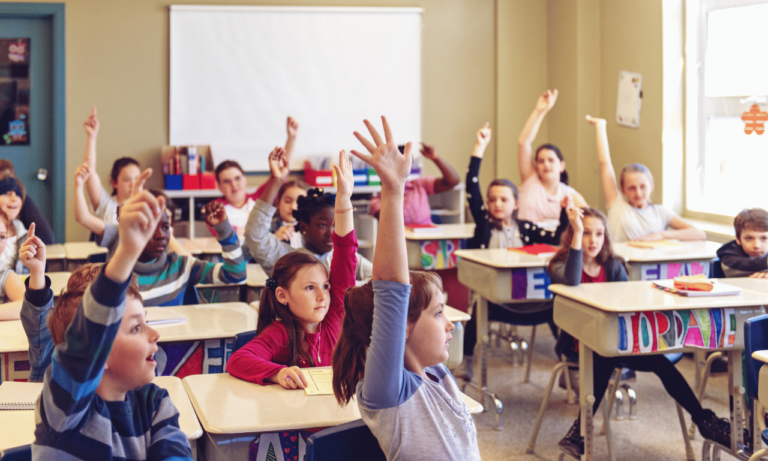Phone:
(+65)8319-0742
Unlocking the potential of every student hinges on their ability to steer their own learning journey. Self-Regulated Learning Support fosters integral academic success techniques and study habit improvement, nurturing the growth of autonomous learners. By mastering these skills, students take streamlined strides towards refining their executive functioning and deepening their academic engagement.
Renowned educators, through the application of personalized learning strategies and executive functioning tools, encourage students to grasp robust self-regulation. This strategic approach equips learners with the essential skills needed for goal setting, self-assessment, and consistent performance enhancementâcornerstone practices that take them beyond the classroom and into a successful future.
Key Takeaways
- Understanding and practicing Self-Regulated Learning Support is critical for lifelong academic and personal success.
- Development of executive functioning tools is instrumental in fostering independent learning capacities.
- Enhanced study habit improvement techniques lead to more engaged and successful students.
- Academic success techniques that include self-regulation are vital for student empowerment and achievement.
- Goals are more effectively reached when learners apply focused self-evaluation and adjustment strategies.
Understanding the Concept of Self-Regulated Learning
At its core, Self-Regulated Learning (SRL) embodies the process by which individuals take helm of their own educational journey through self-regulation strategies. It provides the scaffold for learners to autonomously generate the motivation and techniques necessary for academic persistence and success. Seen as a cornerstone for driving 21st-century educational outcomes, SRL is a multifaceted capacity that involves goal setting in education, cognitive strategy employment, and self-reflection.
One of the pivotal aspects of SRL is the metacognitive skills development. These skills help learners to think about their own thinking and to be strategically aware of how they learn best. As such, metacognitive skills are crucial in adapting to diverse learning environments and managing the demands of a varied academic curriculum, particularly during transitional educational phases such as advancing from elementary to secondary school.
Goal setting in education is another integral sphere within SRL that encompasses establishing clear, measurable, and attainable goals. This process enables students to chart a course for their learning, making them more likely to engage with the material and persist through challenges. Integration of these strategies within the learning process is essential for nurturing motivated, strategic, and self-sufficient learners.
Despite its importance, students may sometimes struggle with effectively applying SRL strategies. Challenges arise due to a lack of metacognitive awareness or the presence of maladaptive motivational profiles. These challenges underscore the dire need for targeted educational interventions that place emphasis on self-regulation strategies and goal setting in education to uplift students’ learning capabilities.
| Component of SRL | Role in Education | Challenges |
|---|---|---|
| Metacognition | Enables strategic learning and adaptation to various teaching styles | Lack of awareness and strategic planning skills |
| Goal Setting | Drives motivation and engagement in learning tasks | Difficulty in defining clear and achievable objectives |
| Self-Monitoring | Allows for reflection and adjustments to learning strategies | Inconsistent application and tracking of progress |
- Identifying personal learning styles and preferences
- Establishing short-term and long-term educational objectives
- Monitoring progress and making data-informed modifications to learning strategies
Ultimately, the role of educators and learning institutions is to facilitate the development of SRL. Through sustained emphasis on self-regulation strategies, consistent support for metacognitive skills development, and an environment that nurtures goal setting in education, students can be provided with the necessary tools to not only achieve academic success but also become lifelong learners capable of navigating the complexities of the modern world.
Strategies for Enhancing Self-Regulation in the Classroom
Empowering students with the tools for academic success is pivotal in modern education. Employing various goal setting in education methods, coupled with self-monitoring practices, can bolster students’ ability to guide and evaluate their own learning. Below are strategies that teachers can integrate to foster a culture of self-regulation within their classrooms for building lifelong metacognitive skills.
Integrating Student Reflection Activities
Incorporating reflection into the curriculum not only aids in metacognitive skills development but also enhances self-evaluation competencies. Reflection sessions encourage students to own their learning processes and outcomes. Essential to this is the use of accessible grading criteria, enabling students to understand and articulate their achievements and areas for growth.
Implementing Goal-Setting and Self-Monitoring Techniques
Guided goal setting in education is a cornerstone of effective learning strategies. By assisting students in setting clear, measurable targets and systematically tracking their progress, teachers lay the groundwork for robust self-monitoring practices. Resources such as Real Fast Reports are instrumental for pulling these insights together, showcasing individual advancements as well as potential improvement points in personalized ways.
Utilizing Resources for Metacognitive Skills Development
Classroom resources, including comprehensive learning aids from Badger Learning, offer structured platforms for students to reflect on and assess their learning journey. By setting transparent criteria and providing executive functioning tools, these resources are indispensable for academic success techniques that promote a better understanding of personal learning paths.
The integration of reflection activities, goal-setting, and self-monitoring into classroom strategies helps to create an environment where students learn to think about their thinking. This is fundamental for their overall cognitive and academic development. Teachers play a critical role in guiding students through this intricate process, equipping them with robust strategic planning tools and feedback mechanisms. The ultimate aim is not merely content mastery but fostering an enduring capability for self-regulated learning.
| Strategy | Tools | Outcome |
|---|---|---|
| Reflection Activities | Accessible Grading Criteria | Enhanced self-evaluation skills |
| Goal Setting | Real Fast Reports | Clear achievement objectives |
| Self-Monitoring | Progress Tracking Sheets | Systematic review of progress |
| Metacognitive Development | Badger Learning Tools | Strategic self-management |
The Importance of Self-Regulated Learning Support
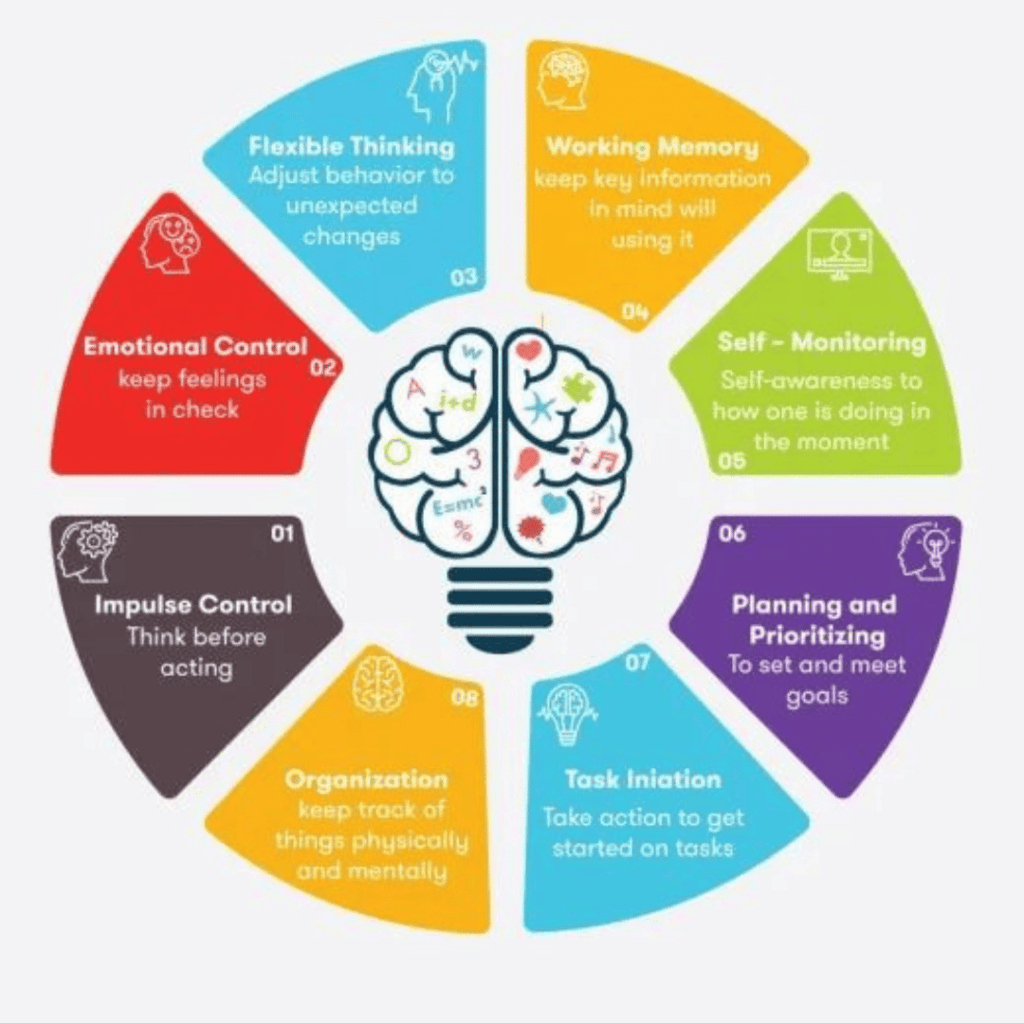
Fostering academic success techniques has never been more essential than in the challenging academic environments faced by today’s middle and high school students. Integrating Self-Regulated Learning Support is central to aiding them in managing the complexities of academic expectations and thriving in an ever-evolving educational landscape. Tailoring learning experiences to the distinct needs of students through the use of various executive functioning tools reinforces the value of strategic skill application and bolsters study habit improvement.
When schools endeavor to enhance their instructional strategies with Self-Regulated Learning Support, they champion an approach that emphasizes self-evaluation and motivational beliefs alongside the fostering of pivotal academic skills. The result is a marked influence on student achievement and a positive trajectory for academic progression, equipping students to handle the rigors of advanced coursework.
Despite the recognized benefits, there remains a gap in the routine incorporation of SRL within many educational programs. Addressing this gap is paramount, especially for students undergoing academic transitions â phases when students are particularly vulnerable to floundering without proper support.
- Personalized learning plans should be developed to cater to individual student needs, offering a blend of academic success techniques.
- Students must have access to executive functioning tools aimed at enhancing organization, time management, and study skills.
- Regular workshops and sessions on study habit improvement can enable students to adapt and refine their learning strategies effectively.
In an academic context, providing students with targeted support for Self-Regulated Learning reinforces a structure where learning is student-driven, fostering a climate of self-discovery and independence. Therefore, it is imperative that educators and stakeholders work collaboratively to integrate these essential components within their curricula, ensuring that students are well-equipped to ascend the ladder of educational success with confidence and skill. Implementing Self-Regulated Learning Support is not just beneficial; it is necessary for the holistic development of learners prepared to meet the future head-on.
Tools and Resources to Support Executive Functioning
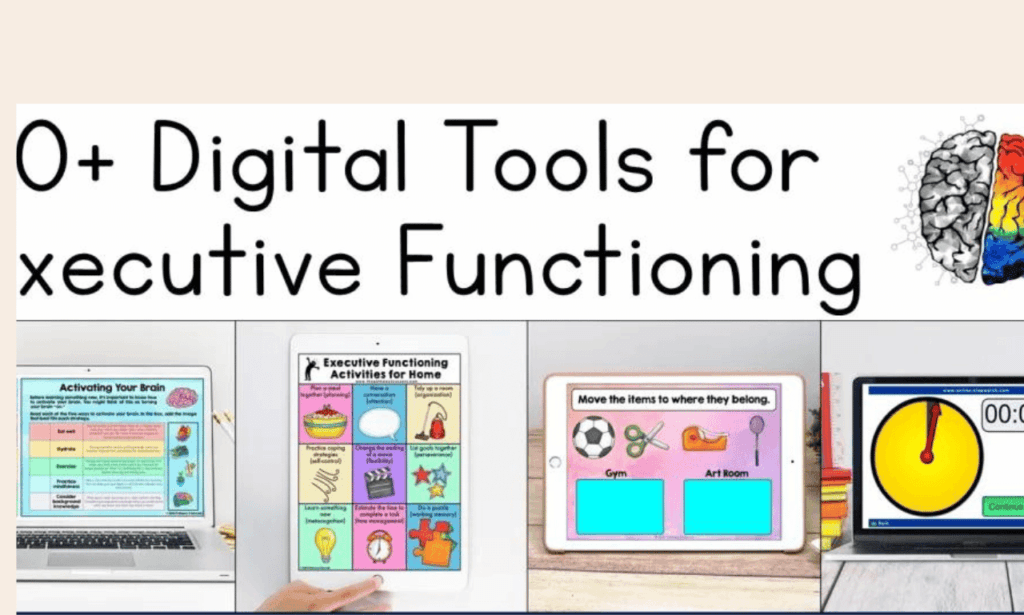
Equipping students with the strategies and tools necessary for academic success is a vital aspect of modern education. In fostering self-regulated learning support, educators seek out innovative executive functioning tools that not only aid in study habit improvement but also enhance the overall learning experience. This section explores the essential resources that are shaping the future of self-directed academics.
Real Fast Reports: Streamlining Feedback and Reflection
Real Fast Reports stands out as an exemplary platform that revitalizes the feedback loop between teachers and students. Designed to support executive functioning, it bridges the gap in self-regulated learning support by enabling tailored reports that encourage student reflection and offer constructive criticism. Through Real Fast Reports, educators can efficiently track and communicate student progress, making the reflective process an integral part of learning.
Study Habit Improvement with Accessible Grading Criteria
Developing strong study habits is crucial for student progression, and one way to facilitate this is by providing clear and accessible grading criteria. Such transparency empowers students to self-assess and take charge of their learning trajectory, fostering self-regulated learning support where progress is both measurable and achievable. It’s a key move towards study habit improvement that leads to a more confident and autonomous student body.
Time Management Applications for Students
In the toolkit for success, time management applications are indispensable for students aiming to develop robust executive functioning skills. As students juggle numerous commitments, these tools provide the necessary structure to prioritize tasks effectively. The beauty of such applications lies in their ability to offer personalized time management for students, promoting a balanced and organized approach to their daily academic and life activities.
The integration of such tools has shown to be transformative, offering tangible avenues for study habit improvement. By harnessing the capabilities of executive functioning tools and emphasizing time management for students, educators are setting the stage for lifelong self-regulated learning support.
Empower Skills with Self-Regulated Learning Support
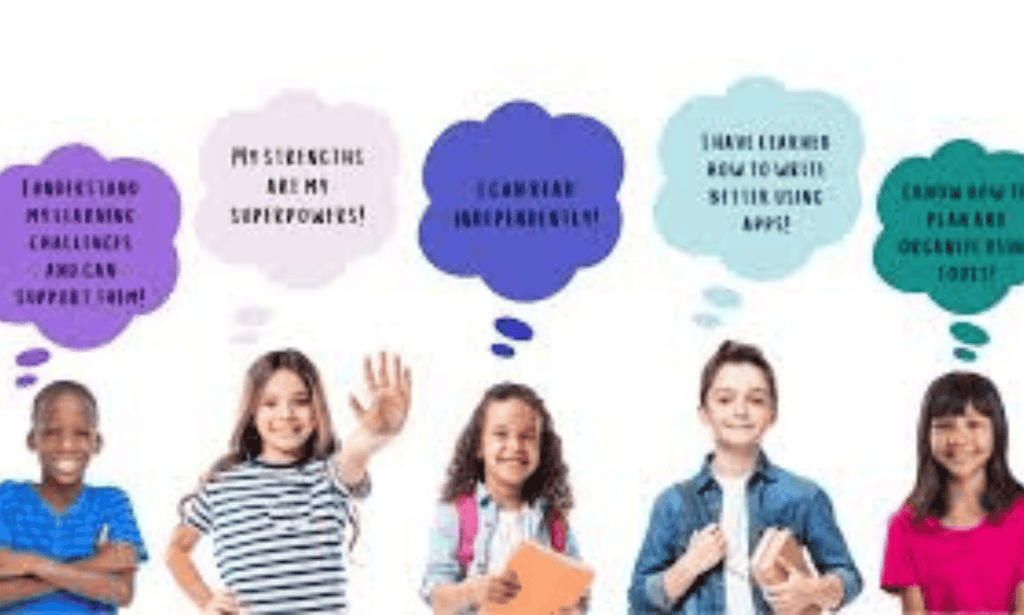
Developing the ability to master self-regulated learning is pivotal in enhancing personal and academic growth. It shapes the way individuals approach challenges, set objectives, and persist through difficulties. Whether in the classroom or while studying independently, the practice of self-regulation helps learners take control of their own educational journey, encouraging a proactive rather than a reactive approach to learning.
Distinctly, it is the capacity to understand and manage your emotions, motivate yourself, and persevere in overcoming obstacles that sets apart those who employ self-regulated learning effectively. While the theory is comprehensive, the application can manifest in various formsâcustomizable strategies, tools, and techniques that cater to diverse learning styles.
- **Identifying Strengths and Weaknesses** – By acknowledging individual strengths and weaknesses, learners can tailor their study methods to optimize their resources and time effectively.
- **Setting Achievable Goals** – Setting clear, measurable, and attainable goals guides learners to stay focused and track their progress with precision.
- **Developing Time Management Skills** – Time management is pivotal for maintaining a balanced approach to learning and life, ensuring that all tasks receive appropriate attention.
When integrating these strategies into everyday learning scenarios, both educators and students notice a significant shift in engagement and achievement. Table below illustrates how self-regulation can be broken down into concrete actions and the corresponding beneficial outcomes for learners.
| Action | Benefit | Tool / Strategy |
|---|---|---|
| Goal Setting | Directs focus and boosts motivation | SMART Goals Framework |
| Strategic Planning | Improves efficiency and task completion | Gantt Charts, To-Do Lists |
| Self-Monitoring | Promotes self-awareness and responsibility | Reflection Journals, Performance Trackers |
| Reflective Thinking | Enhances critical thinking skills | Guided Question Prompts |
| Seeking Feedback | Encourages continuous improvement | Peer Review Sessions |
Ultimately, the goal is to foster an environment where learning is seen as a personal and continuous journey. Through deliberate practice and the employment of various self-regulated learning techniques, students are not just prepared for academic success but also endowed with the necessary skills to succeed in life’s broader spectrum.
Case Studies: Transforming Education Through Self-Monitoring Practices
Exploring real-world applications of self-regulation strategies is instrumental in understanding their impact on students’ academic journeys. Case studies from educational institutions demonstrate the potency of these strategies, particularly when it comes to metacognitive skills development and executive functioning tools. Through the lens of these success stories, we can appreciate the nuanced ways in which goal setting in education and self-monitoring practices contribute to greater academic achievement and personal growth.
Self-Regulation Empowerment Program (SREP) Success Stories
The Self-Regulation Empowerment Program (SREP) has emerged as a beacon of success in the realm of academic success techniques. At-risk students participating in SREP have shown marked improvement in their approach to learning. These students, who were once stunted by low self-motivation and weak strategic skills, have turned their academic trajectories around with the help of individualized coaching and comprehensive feedback systems.
Academic Interventions and Personal Goal Attainment
Proactive academic interventions that emphasize personal goal setting empower students to tackle specific challenges, thereby enhancing their strategic approaches to education. Such interventions, tailored to the individual needs of learners, have been pivotal in boosting motivation and fostering vital academic skills. The evidence? Improved grades, heightened engagement, and a noticeable shift in students’ strategic learning processes.
Overcoming Learning Barriers with Personalized SRL Strategies
When it comes to navigating and overcoming learning barriers, personalized SRL strategies are unmatched. Each student’s unique educational experience, complemented by tailored tools and attentive guidance, serves to build a robust foundation of self-regulatory skills. These strategies are the keys to unlocking a self-sufficient and resilient approach to learning, equipping students to thrive independently in their academic endeavors.
| Challenge | Intervention | Outcome |
|---|---|---|
| Low self-motivation | Personalized SRL coaching | Increased engagement and self-drive |
| Poor time management | Implementation of executive functioning tools | Improved organization and prioritization skills |
| Deficient strategic skills | Metacognitive skills workshops | Enhanced strategic thinking and problem-solving abilities |
As evidenced by the transformations witnessed in educational settings, the integration of self-regulation strategies and academic success techniques is not just beneficial but essential for contemporary learning landscapes. These adaptive tools and personalized strategies not only pave the way for immediate academic improvements but also forge long-term resilience and independence in learners.
Conclusion
As we consider the broad spectrum of educational techniques, Self-Regulated Learning Support stands out as a transformative approach that equips students with the tools necessary for academic and personal success. It is the intricacies of self-reflection, methodical goal setting, and judicious utilization of resources that forge a path for learners to develop essential metacognitive skills. By fostering such skills, educators lay the groundwork for an environment that promotes self-monitoring practices, which are indispensable for a student’s academic journey and lifelong learning.
With the advent of Self-Regulated Learning Support frameworks, we witness a paradigm shift in how academic success can be achieved. This self-driven approach is not merely about creating high achievers; it is about sculpting independent thinkers and proactive individuals ready to navigate the complexities of a constantly evolving educational landscape. Students are encouraged to hone their academic success techniques, turning obstacles into opportunities for growth and advancement.
Ultimately, our collective goal in education is to empower students to reach their fullest potential. Self-Regulated Learning Support serves as a catalyst for this empowerment, culminating in the significant elevation of students’ capabilities to both set and achieve personal academic goals. It is through the steadfast dedication of those in the educational sphere to these principles that we can anticipate a future bright with accomplished, self-assured learners equipped to thrive in an ever-changing world.
FAQ
What is Self-Regulated Learning Support?
Self-Regulated Learning Support refers to the educational practices and resources designed to help students learn how to plan, track, and assess their learning process. This includes learning strategies, time management, goal setting, and the development of metacognitive skills toward improving academic success.
How does self-regulation contribute to academic success?
Self-regulation allows students to take control of their own learning by setting goals, monitoring progress, and adjusting strategies as necessary. These self-management skills are closely linked to improved academic performance, as they help students become proactive and persistent in their learning tasks.
Can implementing goal-setting and self-monitoring techniques improve academic performance?
Absolutely. By setting clear, measurable goals and regularly monitoring their progress towards these goals, students can stay on track and make necessary adjustments to their learning strategies. This practice not only boosts performance but also fosters a sense of self-efficacy and accountability.
What tools can help with executive functioning for students?
Several tools such as time management applications, platforms like Real Fast Reports, and educational programs like the Self-Regulation Empowerment Program (SREP) can enhance executive functioning. These resources aid in organizing tasks, managing time effectively, and providing frameworks for reflection and personalized feedback.
How can teachers implement self-regulation strategies in the classroom?
Teachers can integrate self-regulation strategies by conducting regular reflection activities, using accessible grading criteria for self-assessment, and guiding students in setting and reviewing personal learning goals. Additionally, providing individualized feedback through tools such as Real Fast Reports can cement these practices.
What role do metacognitive skills play in self-regulated learning?
Metacognitive skills are crucial because they involve the ability to think about one’s own thinking and learning. These skills allow students to evaluate their understanding and adapt their approaches to learning, thereby increasing the efficacy of self-regulated learning.
Why is time management important for students?
Time management is vital as it helps students allocate adequate time to their studies and maintain a balance between academic responsibilities and personal life. Effective time management is a core component of self-regulation, enabling students to complete tasks efficiently and reduce stress.
What are some examples of self-regulated learning interventions?
Examples include the Self-Regulation Empowerment Program (SREP) and personalized academic coaching sessions. These target specific challenges related to motivation and strategy use, equipping students with the skills needed to self-regulate and succeed academically.
How can personal goal attainment be facilitated in educational settings?
Facilitating personal goal attainment can be done through structured academic interventions that help students set realistic, achievable goals and provide them with the strategies and support needed to meet these goals, such as regular check-ins and progress monitoring.
What are the benefits of personalized SRL strategies for students?
Personalized SRL strategies provide students with tailored supports that address their unique learning needs and barriers. This individualized approach can enhance motivation, foster better study habits, improve academic performance, and help students develop as independent learners.
